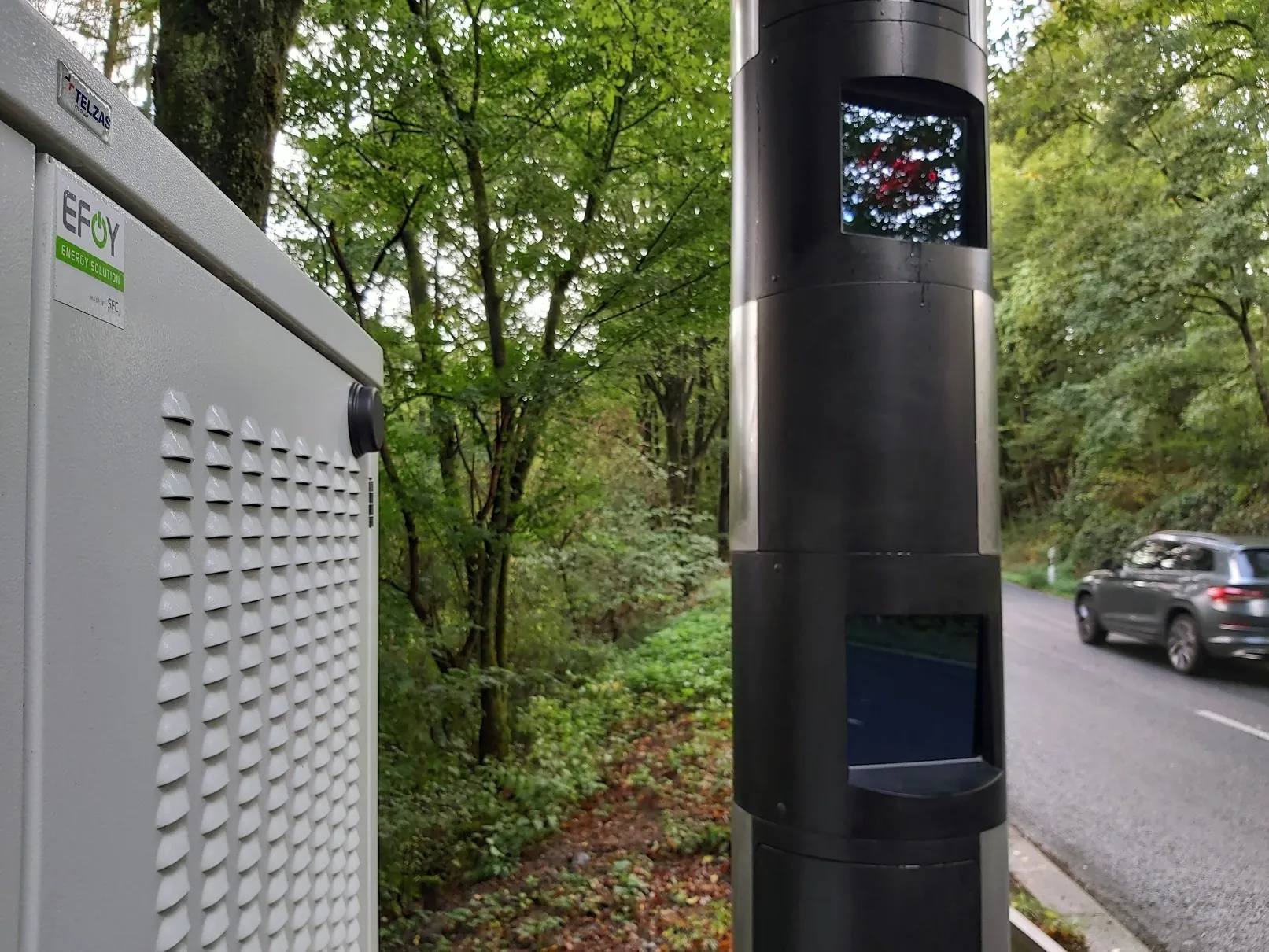Agentschap Wegen en Verkeer (AWV), which manages the Flemish Region's highway network on behalf of the Flemish Minister for Mobility and Public Works has awarded information technology firm CGI and partner SPIE Belgium to modernise the remote management of highway lighting within the Flemish Region.
CGI's IBOR platform, which is capable of being managed remotely, will replace current highway lighting management systems used within the Region. IBOR is an intelligent solution that connects and controls dy
April 16, 2015
Read time: 2 mins
Agentschap Wegen en Verkeer (AWV), which manages the Flemish Region's highway network on behalf of the Flemish Minister for Mobility and Public Works has awarded information technology firm CGI and partner 5959 SPIE Belgium to modernise the remote management of highway lighting within the Flemish Region.
CGI's IBOR platform, which is capable of being managed remotely, will replace current highway lighting management systems used within the Region. IBOR is an intelligent solution that connects and controls dynamic objects in public spaces, such as street lighting, traffic lights, bridges, etc. using sensors, object controllers, data communications and storage, processing software and presentation techniques.
The IBOR solution provides a sustainable solution that reduces energy consumption and reduces CO2 emissions. Lighting is turned on only when needed and increased or dimmed on demand, such as for construction projects or emergency services at the scene of an accident.
"Smart technology provides governments with a dynamic, sustainable and economical solution for public space management," said Hans Vets, who leads CGI's operations in Belgium. "We are proud that CGI can contribute to this smart city initiative where energy savings, increased safety and efficient management become a reality. We believe that IBOR is a platform for the future that will drive innovation and lead to the cities of tomorrow."
"We are very pleased with this unique and innovative mission," said Johan Dekempe, CEO of SPIE Belgium. "This is an important achievement for SPIE Belgium and perfectly highlights our leadership in the pursuit of a more sustainable society. At SPIE, we are committed to improve comfort and well-being of our society."
CGI's IBOR platform, which is capable of being managed remotely, will replace current highway lighting management systems used within the Region. IBOR is an intelligent solution that connects and controls dynamic objects in public spaces, such as street lighting, traffic lights, bridges, etc. using sensors, object controllers, data communications and storage, processing software and presentation techniques.
The IBOR solution provides a sustainable solution that reduces energy consumption and reduces CO2 emissions. Lighting is turned on only when needed and increased or dimmed on demand, such as for construction projects or emergency services at the scene of an accident.
"Smart technology provides governments with a dynamic, sustainable and economical solution for public space management," said Hans Vets, who leads CGI's operations in Belgium. "We are proud that CGI can contribute to this smart city initiative where energy savings, increased safety and efficient management become a reality. We believe that IBOR is a platform for the future that will drive innovation and lead to the cities of tomorrow."
"We are very pleased with this unique and innovative mission," said Johan Dekempe, CEO of SPIE Belgium. "This is an important achievement for SPIE Belgium and perfectly highlights our leadership in the pursuit of a more sustainable society. At SPIE, we are committed to improve comfort and well-being of our society."









